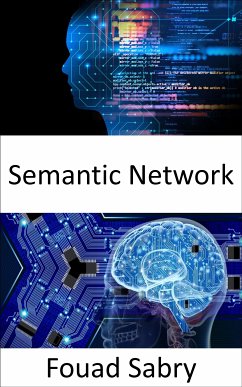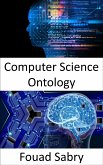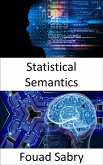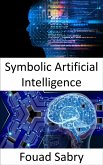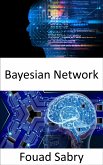What Is Semantic Network
A knowledge base that depicts the semantic relations that exist between concepts in a network is known as a semantic network, also known as a frame network. This is a form of knowledge representation that is frequently put to use. It can be either directed or undirected and consists of vertices, which represent concepts, and edges, which reflect semantic relations between concepts, mapping or linking semantic fields. Vertices are used to represent concepts. Edges represent semantic interactions. A semantic network can be "instantiated" in a variety of different ways, such as a concept map or a graph database. Semantic triples are the typical way that typical standardized semantic networks are expressed.
How You Will Benefit
(I) Insights, and validations about the following topics:
Chapter 1: Semantic Network
Chapter 2: Knowledge Representation and Reasoning
Chapter 3: Semantic Web
Chapter 4: Ontology (Computer Science)
Chapter 5: John F. Sowa
Chapter 6: Conceptual Graph
Chapter 7: Semantic Similarity
Chapter 8: Semantic Research
Chapter 9: Semantic Data Model
Chapter 10: Knowledge Graph
(II) Answering the public top questions about semantic network.
(III) Real world examples for the usage of semantic network in many fields.
(IV) 17 appendices to explain, briefly, 266 emerging technologies in each industry to have 360-degree full understanding of semantic network' technologies.
Who This Book Is For
Professionals, undergraduate and graduate students, enthusiasts, hobbyists, and those who want to go beyond basic knowledge or information for any kind of semantic network.
A knowledge base that depicts the semantic relations that exist between concepts in a network is known as a semantic network, also known as a frame network. This is a form of knowledge representation that is frequently put to use. It can be either directed or undirected and consists of vertices, which represent concepts, and edges, which reflect semantic relations between concepts, mapping or linking semantic fields. Vertices are used to represent concepts. Edges represent semantic interactions. A semantic network can be "instantiated" in a variety of different ways, such as a concept map or a graph database. Semantic triples are the typical way that typical standardized semantic networks are expressed.
How You Will Benefit
(I) Insights, and validations about the following topics:
Chapter 1: Semantic Network
Chapter 2: Knowledge Representation and Reasoning
Chapter 3: Semantic Web
Chapter 4: Ontology (Computer Science)
Chapter 5: John F. Sowa
Chapter 6: Conceptual Graph
Chapter 7: Semantic Similarity
Chapter 8: Semantic Research
Chapter 9: Semantic Data Model
Chapter 10: Knowledge Graph
(II) Answering the public top questions about semantic network.
(III) Real world examples for the usage of semantic network in many fields.
(IV) 17 appendices to explain, briefly, 266 emerging technologies in each industry to have 360-degree full understanding of semantic network' technologies.
Who This Book Is For
Professionals, undergraduate and graduate students, enthusiasts, hobbyists, and those who want to go beyond basic knowledge or information for any kind of semantic network.
Dieser Download kann aus rechtlichen Gründen nur mit Rechnungsadresse in A, B, BG, CY, CZ, D, DK, EW, E, FIN, F, GR, H, IRL, I, LT, L, LR, M, NL, PL, P, R, S, SLO, SK ausgeliefert werden.

